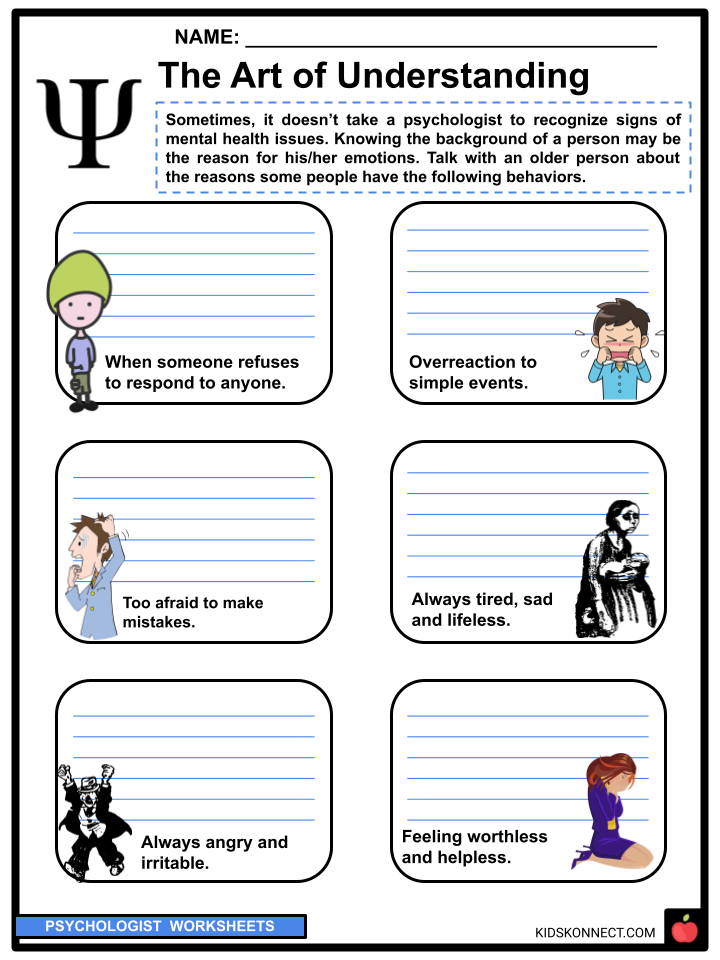How to Set Up a Psychology Office Explained
How to Set Up a Psychology Office Explained
Blog Article
Benefits of Starting a Psychology Office
Opening a psychology practice offers independence that many mental health professionals desire. Instead of working under someone else’s rules, you can set your own schedule.
Financially, owning a psychology practice can increase your income potential. Instead of sharing fees with agencies, you keep what you earn after expenses.
Whether you prefer a minimalist setup or a cozy therapy room, your office becomes an extension of your therapeutic style.
How Much Does It Cost to Set Up a Psychology Practice
The cost to set up a psychology practice depends on services. On average, setting up a small private office might range from $5,000 to $20,000, covering licensing.
Key expenses include business registration. You’ll also need to budget for online directories.
As your psychology practice grows, reinvesting profits into better resources ensures gradual expansion without debt.

Building a Therapy Practice from Home
Decorate the space to feel welcoming and professional, using comfortable seating.
Legal requirements may vary: check zoning laws to ensure home offices are allowed in your area.
Consider a separate phone line for professional calls.
Creating a Cognitive Psychology Practice
Choosing furniture that encourages open dialogue while accommodating CBT worksheets or activities is also important.
Consider subscriptions to CBT journals to stay informed.
Use website content, blogs, and presentations to educate potential clients on CBT’s benefits.
Starting a Virtual Therapy Office
An online descubra mais psychology practice opens opportunities to reach clients beyond your local area. First, select a secure, HIPAA-compliant video platform for teletherapy.
Ensure your liability insurance covers telehealth services.
Offering webinars or free online workshops can build trust and attract new clients to your virtual services.

Creating a Community-Based Psychology Practice
Choose an office space accessible to underserved populations, possibly within a community center or shared facility.
You may need additional certifications or training in group therapy to support diverse clients.
Attend local events, offer free talks, and engage in grassroots outreach to establish credibility.
Keys to Building a Thriving Psychology Office
A successful psychology practice balances clinical excellence with business strategy. Beyond clinical skills, you’ll need to manage finances.
Participating in professional networks and conferences expands visibility and fosters collaboration.
Operational systems also support long-term success: use efficient billing, scheduling, and record-keeping tools.
Final Thoughts on Starting a Psychology Office
From selecting your niche to handling legal paperwork, every decision shapes your future success.
This guide covered costs to help you plan effectively.
saiba mais aqui With passion, agenda de pacientes psicologia perseverance, and ethical care, your psychology practice can grow into a meaningful and rewarding endeavor.
Frequently Asked Questions for New Psychologists
How expensive is it to set up a therapy practice?
The cost ranges widely depending on location, size, and services. On average, setting up a small office may cost between $5,000 and $20,000, covering furniture, licenses, insurance, and marketing.
Is a home-based psychology office legal?
You may need a home business permit, soundproofing for confidentiality, and professional liability insurance.
What tools are essential for virtual therapy?
Scheduling software, encrypted communication tools, and reliable internet are key.
How do psychologists find clients?
Building trust through blogs, social media, or free webinars helps establish credibility.
Should I write a business plan before opening my office?
A solid plan guides decision-making and increases chances of long-term success in your psychology practice.
Report this page